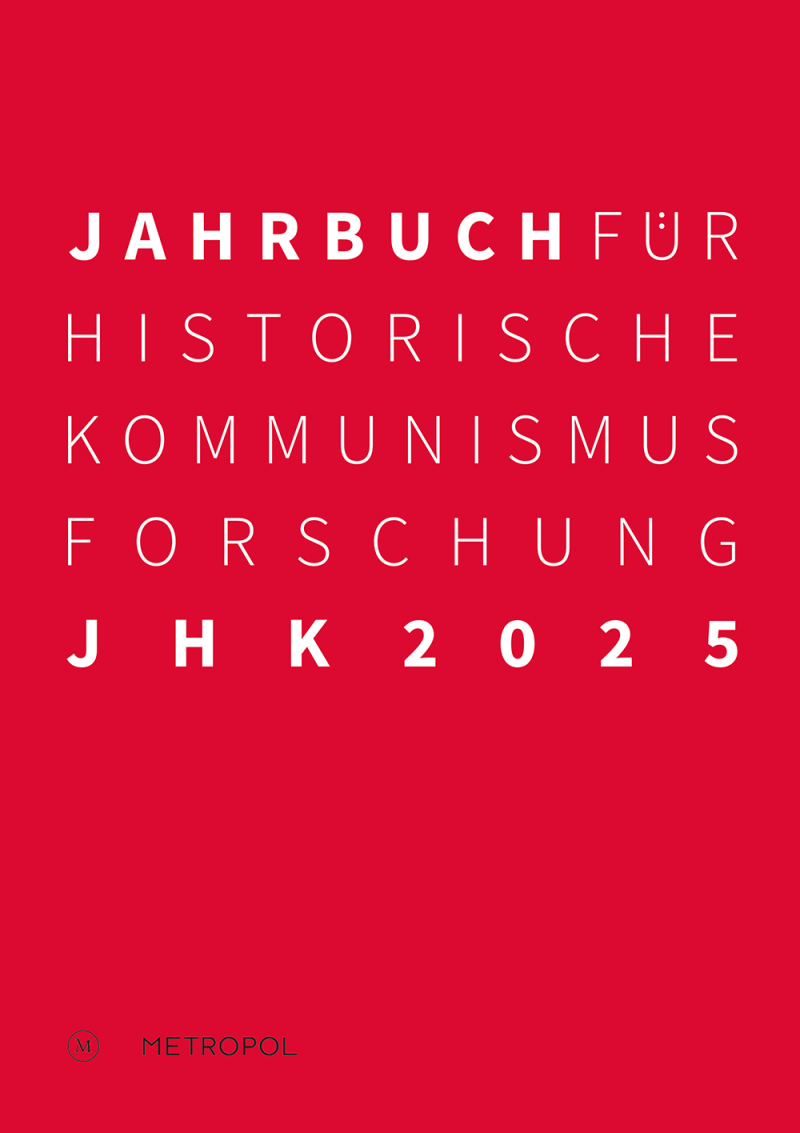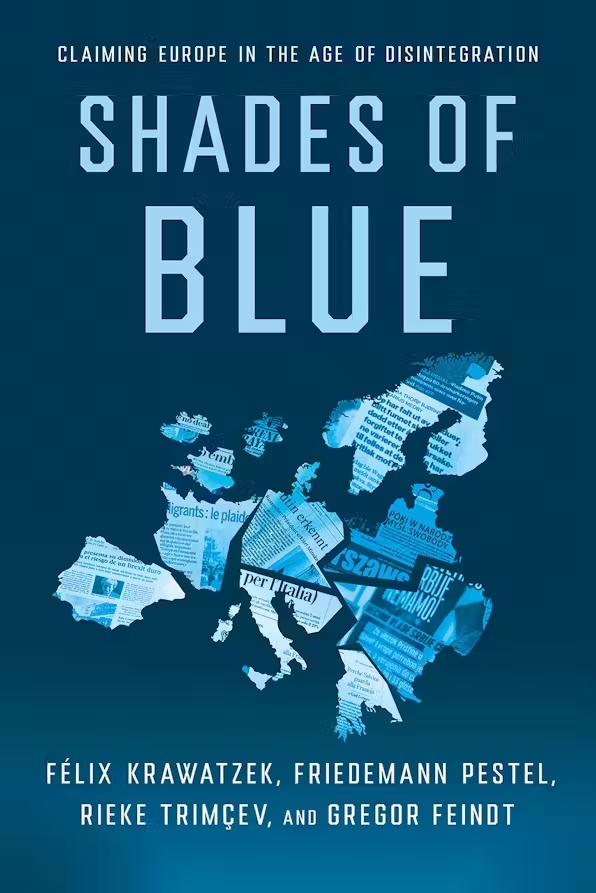Moritz Sorg

Lecturer
Albert-Ludwigs-Universität Freiburg
Department of History
Rempartstraße 15
79085 Freiburg
Street address:
Belfortstraße 20, Rückgebäude, R. 02007
Tel. +49 / (0)761 / 203 98743
Email: moritz.sorg@geschichte.uni-freiburg.de
OrcID: 0000-0002-3610-4747
Office hours:
Tuesday 11:30 am to 12:30 pm (please book an appointment online)
During term break:
CV
| since 2023 | Lecturer and Postdoctoral Researcher in Modern European History, University of Freiburg |
| 2020 | Visiting PhD Student, École des hautes études en sciences sociales, Paris |
| 2019 - 2023 | Research Associate, University of Freiburg (DFG funded project on “Foreignness and Monarchic Rule”) |
| 2018 - 2023 | PhD Student, University of Freiburg |
| 2016 - 2017 | MPhil Modern European History, University of Cambridge |
| 2015 - 2016 | Student Research Assistant, University of Freiburg, Professorial Chair for Modern European History |
| 2014 - 2015 | Erasmus Visiting Student, Trinity College Dublin |
| 2013 - 2016 | Student Research Assistant, University of Freiburg, Professorial Chair for Modern Eastern European History |
| 2012 - 2016 | B.A. History and Management, University of Freiburg |
Research Interests
- History of Nationalism and Foreignness in the Nineteenth and Twentieth century
- History of Monarchy in the Nineteenth and Twentieth century
- Comparative and transnational European History with a particular focus on Germany, Great Britian, France, Belgium, Switzerland and Romania
- History of Media and Democracy in the Twentieth Century
- History of Globalization and Global Infrastructures in the Twentieth Century
Research Projects
Nationalism in Germany, Great Britain, and France, 1945-2020 – A Discourse and Social History (post-doc project)
Nationalism remains a constant topic of debate in German society. The assertion that nation and nationalism lost their persuasive power following the end of World War II and the fall of the Nazi regime is a widespread assumption, interpreted variably as positive or negative depending on political perspectives. However, the debate surrounding nationalism or “national pride” and “patriotism” among Germans after 1945 is not a phenomenon of the twenty-first century but has been a concern since the founding of the Federal Republic. Similar debates can be observed in France and Great Britain, where the significance and role of nation and nationalism were discussed in various contexts throughout the second half of the 20th century. This research project aims to historicize the debates on nationalism in the Federal Republic of Germany, Great Britain, and France since 1945 from a comparative perspective. It contextualizes these debates through empirical deep dives with social and cultural historical methods that examine the development of nationalist practices, symbols, and beliefs in politics and society. Therefore, the project operates on three levels of analysis: First, at the level of public discourse on the role of nationalism, it will trace and explain the development of scholarly, political, and journalistic positions. Second, at the governmental level, the project investigates political decisions and measures regarding nation and nationalism, ranging from the use of national anthems and flags to policies of citizenship. Third, it will focus on the significance and impact of national categories in the daily lives of the population and their development since 1945. To this end, the project utilizes a variety of probes such as the perception and practical celebration of national holidays, the role of nationalism in schools and the military, within the context of international sporting events, in entertainment media, or during election campaigns. This way, the project aims at expanding the historical research on nationalism, that so far has been mostly focusing on the nineteenth century, into the field of contemporary history and contribute to a better understanding of national logics after the end of the Second World War.
Foreignness and Monarchic Rule: Transnational Monarchy in the Age of Nationalism, 1815-1943 (completed PhD project)
The research project examines the phenomenon of foreign monarchs and consorts in the nineteenth century, the First World War and the interwar period. Focusing on transnational marriage customs of European monarchy and the import of foreign princes as monarchs for newly founded nation-states in the nineteenth-century, the comparative analysis uses a wide range of European and global examples around central case studies of Belgium and Romania to examine the remarkable contiguity of monarchic foreignness and the rise of nationalism. The project explains challenges to the legitimacy of foreign kings and queens in nationalising societies, investigates international expectations of loyalty, and clarifies the self-perceptions of these monarchic figures with transnational biographies as parts of an internationally entangled and multilayered discourse around monarchic foreignness.
The study understands the First World War as a crisis of transnational monarchy during which foreign kings and queens had to answer to increasingly pressing questions about their nationalities and loyalties. Therefore, the project identifies new strategies of legitimation, developed by European ruling houses in the war period, such as nationalisation, accessibility or democratisation and shows how the failure to adapt to these new strategies led to the overthrow of some monarchies by the end of the war, while others exited the conflict as heroic national figures. Thereby, the study explores discursive negotiations of legitimacy and nationality in the nineteenth and early twentieth century and contributes to a better understanding of the transformation of European monarchy.
Scholarships and Awards
| 2024 | Dissertation Award, Monika Glettler Foundation |
| 2020 | Erasmus PhD Scholarship, EHESS Paris |
| 2018-2020 | PhD Scholarship, Studienstiftung des deutschen Volkes |
| 2016-2017 | Scholarship, Studienstiftung des deutschen Volkes |
| 2014-2015 | Erasmus Scholarship, Trinity College Dublin |
Other Professional Memberships
- Modern Monarchy in Global Perspective Research Hub
- Arbeitskreis Historische Belgienforschung
Office Hours
Publications
- "Conzeptualizing Monarchy in the 19th century", zsm. mit Alison Miller, in: Francoise Le Jeune (hrsg.), The Bloomsbury History of Monarchy, Vol. 5: The Nineteenth Century (in preparation).
- "Visiting War. Royal Journeys to the Front in the First World War", in: First World War Studies 15, 2 (2025), S. 194-214, https://doi.org/10.1080/19475020.2024.2445310.
- „Royal Families at War: Transnational Monarchy and the First World War", in: Cindy McCreery, Robert Aldrich und Falko Schnicke (hrsg.), Global Royal Families. Cultures of Transnational Monarchy in the Nineteenth and Twentieth Centuries, Oxford 2024, S. 249-270.
- „Begegnungsraum Republik – Die Schweiz und die transnationale Monarchie im 19. und frühen 20. Jahrhundert", in: Schweizerische Zeitschrift für Geschichte, 74/2 (2024), S. 169-188.
- „Clio-Guide: Das lange 19. Jahrhundert, zsm. mit Andreas Eder / Sabine Mischner / Christina Schröer / Theo Jung / Sonja Levsen / Friedemann Pestel, in: Silvia Daniel, Wilfried Enderle, Rüdiger Hohls, Thomas Meyer, Jens Prellwitz, Claudia Prinz, Annette Schuhmann, Silke Schwandt (hrsg.), Clio Guide – Ein Handbuch zu digitalen Ressourcen für die Geschichtswissenschaften“, 3. erw. und aktualisierte Aufl., Berlin 2023-2024, https://doi.org/10.60693/axh4-bf66.
- „Remnants of an Old Order? The Romanian Monarchy between Nationalisation and Transnationality after the First World War“, in: Revue des Études Sud-Est Européennes, LX, 1-4 (2022), S. 267-289.
- „Reformfähige Monarchie – Verpasste Republik? Rumänien zwischen Niederlage und Sieg im Ersten Weltkrieg“, in: Bernd Braun (hrsg.), Es lebe die Republik? Der Erste Weltkrieg und das Ende der Monarchien in Deutschland und Europa, Göttingen 2021, S. 207-232.
- „Of Traitors and Saints: Foreign Consorts between Accusations and Propaganda in the First World War“, in: The Court Historian Journal 24, 1 (2019), S. 1-16.
- „From equilibrium to predominance. Foreign princes and Great Power politics in the nineteenth century“, in: Journal of Modern European History 16, 1 (2018), S. 81-104.
- „Sowjetisch in der Form, Usbekisch im Inhalt. Die Musealisierung der sowjetischen Vergangenheit in usbekischen Museen“, zsm. mit Henning Lautenschläger und Max Trecker, in: Osteuropa 6 (2016) S. 237-252.
Reviews
- “Jan De Volder, Cardinal Mercier in the First World War. Belgium, Germany and the Catholic Church”, in: Historische Zeitschrift, 310 (2020).
- “David Hamlin, Germany's Empire in the East. Germans and Romania in an Era of Globalization and Total War”, in: Historische Zeitschrift, 209 (2019).
- „Torsten Riotte, Der Monarch im Exil. Eine andere Geschichte von Staatswerdung und Legitimismus im 19. Jahrhundert“, in: Francia-Recensio, 4 (2018).
- „Sebastian Bischoff, Kriegsziel Belgien. Annexionsdebatten und nationale Feindbilder in der deutschen Öffentlichkeit, 1914-1918“, in: Journal of Belgian History, 48, 1/2 (2018).
Other publications, interviews, podcasts
- Podcast-Interview in: "Casualties of War. Monarchs and the First World War", Monarchy in Peril, Episode 5 (von Robert Aldrich und Cindy McCreery), 17. Juni 2024.





